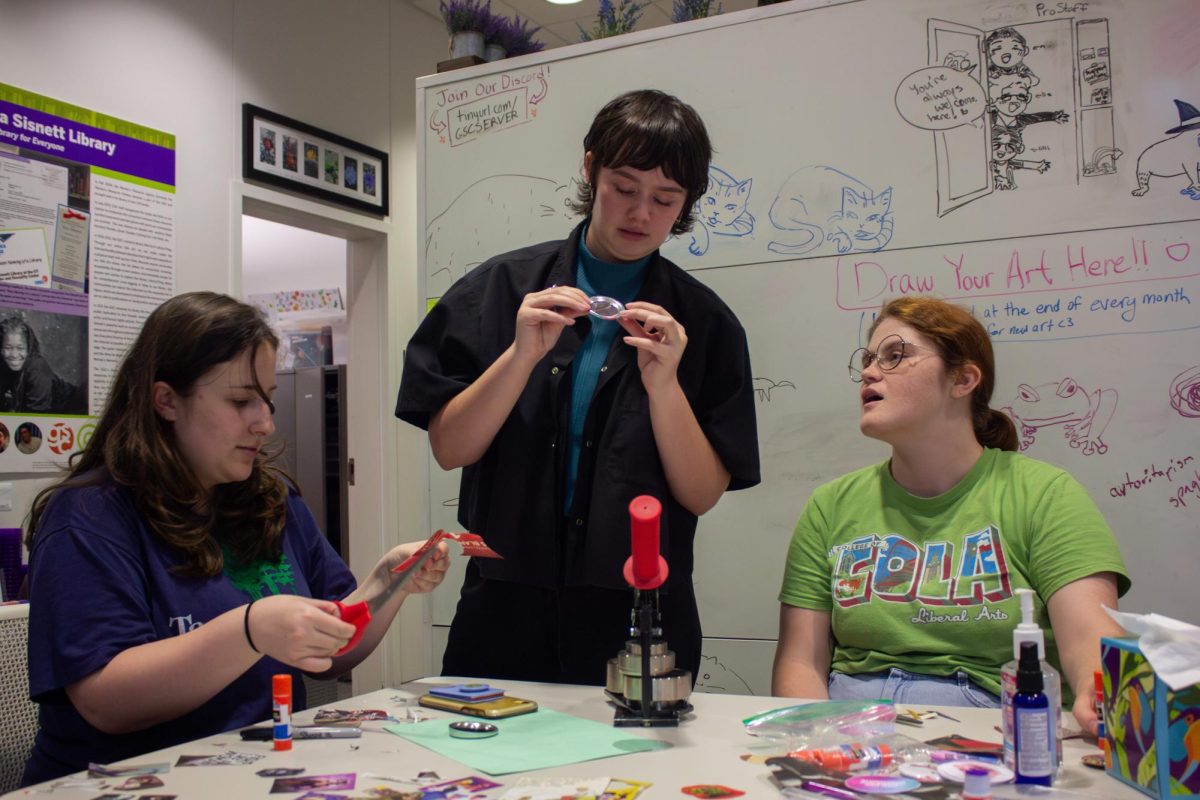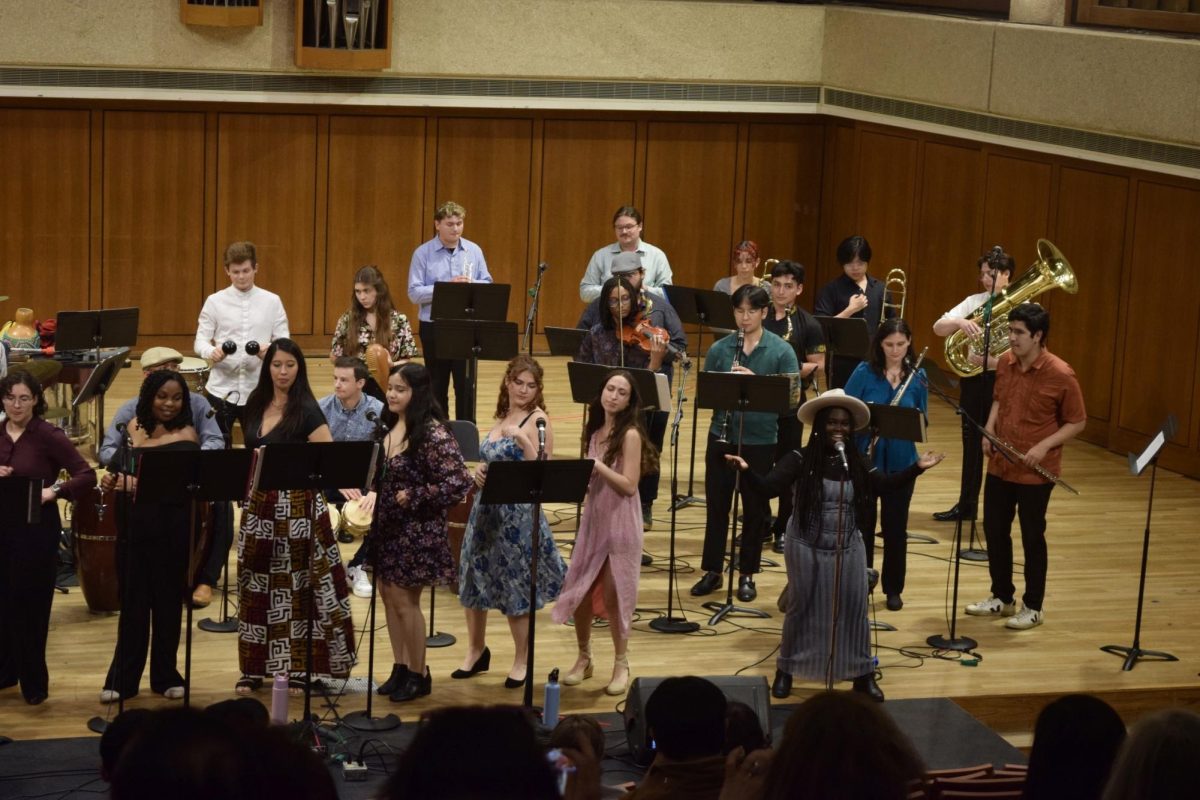Kamala Harris and Anagha Kikkeri have something in common — they are the first.
“I'm not just the first Indian woman — I'm the first Indian ever at UT to be president,” said Kikkeri, UT student body president. “It's not even something we've recognized … We actually haven't had a lot of ‘firsts’ yet.”
Coming from an Indian and Hindu background, Kikkeri said she was often told that her identities would put roadblocks in her path, but this has never deterred her from following her political dreams: to serve the American public and combat racial injustice.
“These are strictly things (that) can hold me back from potentially being successful in a field that's theoretically supposed to represent all Americans,” government senior Kikkeri said. “People have ascribed my skin tone (as) the barrier to someone being able to do something, and to see that get shattered — it’s progress, and it's important history.”
Some students like Kikkeri say they now see themselves represented in the White House after Harris became the first female, Black and Indian vice president-elect.
She said Harris’ motto, coined by her immigrant mother, “You may be the first, but make sure you’re not the last,” resonates with her.
“My parents did a lot of things where they were the first ever, and they paved the way for us to have opportunities they never had,” Kikkeri said. “That's exactly what Kamala Harris' parents did, too. It's interesting to hear that sentiment I've held close to my heart from my parents spoken on national television by our future vice president.”
A first-generation daughter of Cameroonian immigrants, public relations freshman Munji Nfor said Harris will bring a new perspective to the historically white- and male-dominated White House board meetings. Although Harris’ position is motivating, Nfor said there will always be room to criticize politicians.
“Regardless of how similar I may seem to somebody, I will always hold them accountable,” Nfor said. “(Harris) has to take a stand against the system of policing in this country, and she has to say, unequivocally, ‘I do not support the systemic racism that permeates so many institutions within the United States.’”
For Hannah Sigler, a radio-television-film freshman, Harris’ win will have an effect on every male-dominated field. However, she said women entering these spaces should be the norm.
“It shouldn't always have to be something we celebrate because it should become something that's accepted, like seeing a woman as the first female vice president or seeing a woman win best director at the Oscars,” Sigler said.
Sigler said the most important thing is for young girls around the world to see Harris’ win as a reminder that women are important members of society and leaders of our country.
“They'll be growing up in an environment where a woman of color is their vice president, which I think is really special and shows that women can hold powerful spaces (just) as a man (can),” Sigler said.
Kikkeri, Sigler and Nfor said a woman holding a position of power in the White House is long overdue. Nfor said Harris has the opportunity to make remarkable change — she just needs to be loud.
“Seeing people of color in positions of power, seeing women in positions of power (and) seeing women of color in positions of power is not an option. It's a necessity,” Nfor said. “Some doors need to be open always, but it's going to take somebody to open them in the first place.”





















